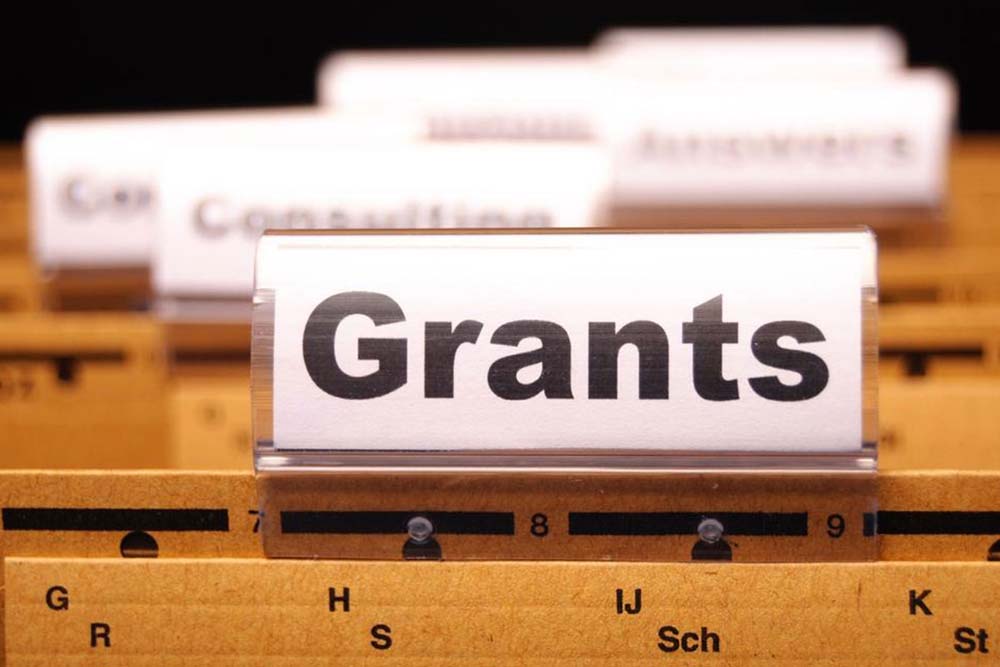Comprehensive Guide to Winter Fuel Allowance: Eligibility, Benefits, and Payment Schedule for 2024-2025
This comprehensive guide provides detailed information about the Winter Fuel Allowance for 2024-2025, including eligibility criteria, benefits, recent policy updates, and payment schedules. Learn how changes in rules affect pensioners and low-income households, and discover how to check your eligibility, apply for assistance, and ensure you receive this vital winter support. Stay informed to secure financial aid during the cold winter months and avoid missing out on essential support designed to make heating more affordable for vulnerable populations.

Comprehensive Guide to Winter Fuel Allowance: Eligibility, Benefits, and Payment Schedule for 2024-2025
The winter months can pose significant financial challenges for households, especially with rising energy prices and heating costs. To support vulnerable populations during this period, governments worldwide, including the UK, have implemented assistance programs like the Winter Fuel Allowance (WFA). This program has been in place for nearly three decades, aiming to help pensioners and low-income households manage their heating expenses. However, recent changes in rules and eligibility criteria mean that not everyone who previously qualified will be eligible for the 2024-2025 season. Staying informed about these updates is crucial to ensure you receive the assistance you deserve.
Recent Updates to Eligibility and Payment Details
The Winter Fuel Allowance traditionally provided universal support to all pensioners in the UK, regardless of income. However, as of July 2024, policy adjustments have narrowed the scope of eligible recipients. In England and Wales, the allowance is now primarily targeted at individuals receiving certain benefits, such as Pension Credit. This shift means that over 10 million pensioners who previously received the allowance will no longer qualify for this benefit starting from the winter of 2024-2025. The primary aim of these changes is to direct support toward those with the greatest financial need.The payment amounts can vary, generally falling between £200 and £300 per eligible household. The amount depends on factors such as age and the specific benefits received. Notably, only one person per household claiming qualifying benefits can receive the payment, ensuring that assistance is narrowly targeted. Additionally, residents living in care homes or nursing homes between June 24 and September 22, 2024, are ineligible for this support during the current season. The seasonal nature and specific eligibility window emphasize the importance of timely application and awareness of the criteria.
Understanding Pension Credit and Additional Support Options
Pension Credit remains a cornerstone of financial assistance for pensioners with limited income. It not only provides supplementary income to help cover daily living expenses but also opens the door to other benefits. For instance, pensioners who receive Pension Credit may be eligible for additional support such as council tax reductions, free or discounted NHS prescriptions, and other health-related cost subsidies. To qualify, recipients typically need to have an income below certain thresholds—less than £218.15 weekly for singles and less than £332.95 for couples. Importantly, Pension Credit is different from the basic State Pension; it is designed for those with low income regardless of their savings or property assets.Applying for Pension Credit is often straightforward, and many pensioners discover that they are eligible for both the benefit and other supplementary aid packages. This support structure is crucial as it provides a safety net during colder months, ensuring vulnerable populations can maintain warmth without excessive financial strain. If you're unsure about your eligibility or benefits, it’s worthwhile to consult with officials or use online tools to assess your qualifying status.
How to Determine Your Eligibility for Winter Fuel Payment in 2024-2025
While some individuals automatically qualify for Winter Fuel Payment, others might need to apply separately. For the upcoming season, you may be eligible without an application if you meet specific conditions. These include being born on or before 22 September 1958, and receiving certain qualifying benefits such as Pension Credit, Income Support, Universal Credit, or Tax Credits of at least £26 for the 2024-2025 tax year. Additionally, you must have resided in England or Wales during the qualifying week from 16 to 22 September 2024.For those living abroad but maintaining strong ties to the UK—such as British or Irish nationals living in Ireland—eligibility can still be considered. Factors like receiving the UK State Pension and having sufficient UK-based benefits or connections are taken into account. To confirm your eligibility, it’s advisable to use the government’s online assessment tools, which ask pertinent questions to determine if you qualify for the payment without needing to submit a formal application.
Payment Schedule and How to Receive Your Winter Fuel Allowance
The distribution of payments typically occurs between 25 November 2024 and 29 January 2025. Most eligible recipients will see their payments arrive in November and December, providing timely assistance during the harsh winter months. The government sends out confirmation letters ahead of the payments to prepare recipients. However, delays can sometimes occur, especially during peak processing times, so it’s wise to remain patient or contact official helplines if payments are delayed or if you need further assistance.If you have questions about your status or encounter issues with your payment, the Department for Work and Pensions (DWP) provides support through a dedicated helpline at 0800 731 0160. Ensuring your contact details are up to date with the DWP can help facilitate a smooth process and help you access your benefits promptly.





